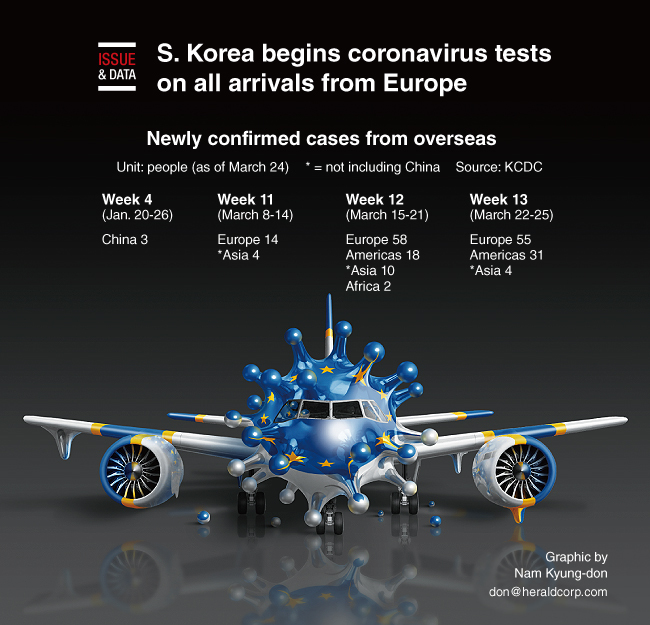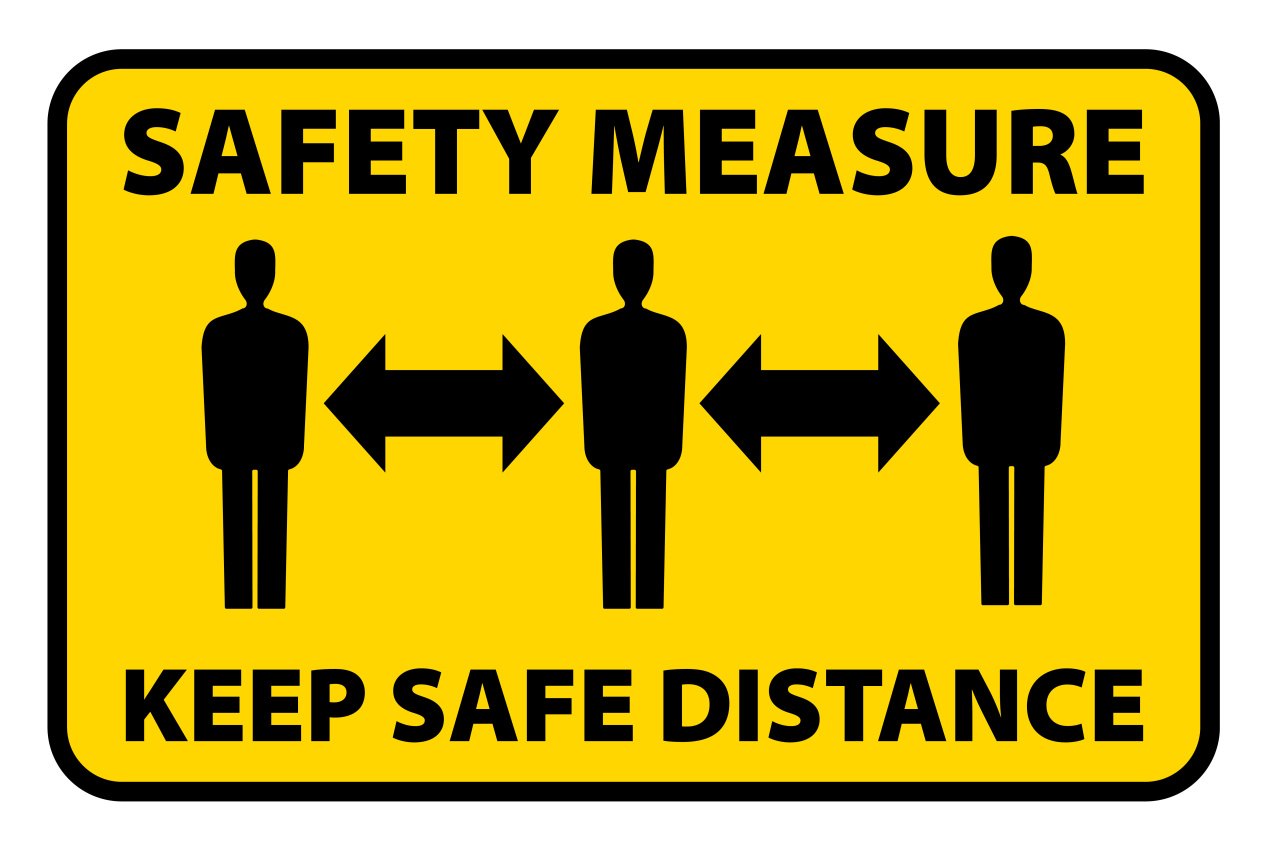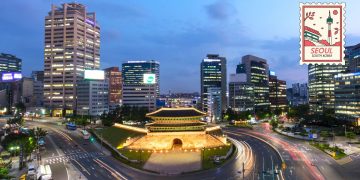Last Updated on 6 years by admin
All over the world, we are experiencing a global slowdown, especially in the tourism industry because of coronavirus. It is one of the most impacted sectors as apparent by the tourism deficits. In January, South Korea suffered $928 million in tourism deficits just with the news of a novel virus in Asia. There has been a setback as passenger movement has gone down drastically. Several countries have imposed a travel ban to and from South Korea. There are several travel restrictions in place for South Korea and other countries and most countries advise caution when traveling to South Korea.
Current Information on Covid-19 in South Korea
There are currently 10,331 officially reported cases of infections with coronavirus in South Korea, as reported by KCDC. As of April 7, 2020, there are 192 reported deaths related to coronavirus in South Korea.
South Korea Travel Restrictions
Several government travel advisories, such as the USA and Australia, have raised their level of advice to “Reconsider your need to travel” for South Korea due to a heightened risk of sustained local transmission of coronavirus (COVID-19).

A total of 170 countries and territories are restricting entry or imposing stricter quarantine procedures for people from South Korea over coronavirus concerns. Of them, 114 countries and territories were imposing an entry ban on people who have been in South Korea in at least the past two weeks, including 50 countries that have temporarily closed their borders to all foreigners over the virus outbreak.
Finland, Canada, Denmark, New Zealand, and Ireland
A general advisory is covering the country as a whole. Persons traveling abroad are encouraged to return home as soon as possible.
Japan
Tokyo has raised its travel warning to Level 3, the second-highest on a four-tier scale. Previously, Japan barred the entry of people from the southeastern city of Daegu and several nearby counties that reported large numbers of COVID-19 infections.
United States
The CDC is warning against all non-essential travel to South Korea because of the continued spread of coronavirus worldwide. It advises those who must travel to South Korea to stay away from sick people, wash their hands with soap and water or use hand sanitizer with 60% to 95% alcohol and avoid touching eyes, nose or mouth.
Lifting of South Korea Travel Ban and Restrictions
Countries like Laos and the Czech Republic have lifted the travel restrictions, and they plan to resume commercial flight service as of March 25.
Is it Safe to Travel to Korea in times of coronavirus?
Although the coronavirus is spreading, the country remains at a Warning Level 3 according to the CDC website, which means that avoid any non-essential travel. There is no travel ban, but there are many restrictions that are currently in place. Certain countries are putting bans on travel to and from Korea, so that is something you need to consider.
Mandatory two weeks Quarantine
For the past two weeks, 51 percent of new infections were imported or linked to imported cases, mostly from Europe and the Americas, according to data from the Korea Centers for Disease Control and Prevention.
Instead of imposing an entry ban, the government has chosen to keep the border open for everyone — Koreans and foreigners alike — as long as they agree to the government’s toughened quarantine rules, which require all entrants to complete a 14-day quarantine. It is because 9 out of 10 people arriving in Korea from abroad are Korean nationals.
The government has toughened the quarantine measures for inbound travelers because of the imported coronavirus infections. To help contain the coronavirus, the government has imposed a mandatory two-week self-isolation for all overseas arrivals. Travelers can stay in their homes or government facilities. Daily expenses for staying in facilities are about 100,000 won ($81).
All arrivals from Europe are being tested for COVID-19 upon arrival at the airport, and they are required to self-quarantine for two weeks, even if they test negative. US arrivals are expected to self-quarantine for two weeks at home, but only those showing symptoms such as fever are being tested.

S. Korea begins coronavirus tests on all arrivals from Europe
If an inbound traveler does not comply with the quarantine regulations, you can get one-year imprisonment or a fine of up to 10 million won. Yesterday, one Taiwanese woman was even deported for refusing to stay at a quarantine facility. She initially agreed to stay at the facility but later refused to pay.
Strengthened Social Distancing

The Korean government has extended the Enhanced Social Distancing campaign to April 19. It was launched initially from March 22 to April 5. People should stay at home as much as possible during the weekend. They should avoid any activities that make it easy to come in close contact with others. People should also maintain good personal hygiene, including coughing etiquette and washing hands. Under this campaign, the government also requests citizens to avoid leaving home except to purchase necessities, to get medical care, or to go to work.
Travel Health Tips for South Korea
During the outbreak of COVID-19, all travelers must follow advice from the WHO.
- Wash your hands consistently
- Maintain at least 3ft (1m) distance between yourself and anyone who is coughing or sneezing
- If you have a fever, cough, and difficulty breathing, seek medical care early (call before visiting your doctor).
So, if you do end up traveling to South Korea, you should be prepared for a two-week quarantine and social distancing efforts as mandated by the government. But, if you take all the necessary precautions, you can travel to South Korea unless there is travel ban to South Korea in your country.
9,230 total views, 1 views today

















